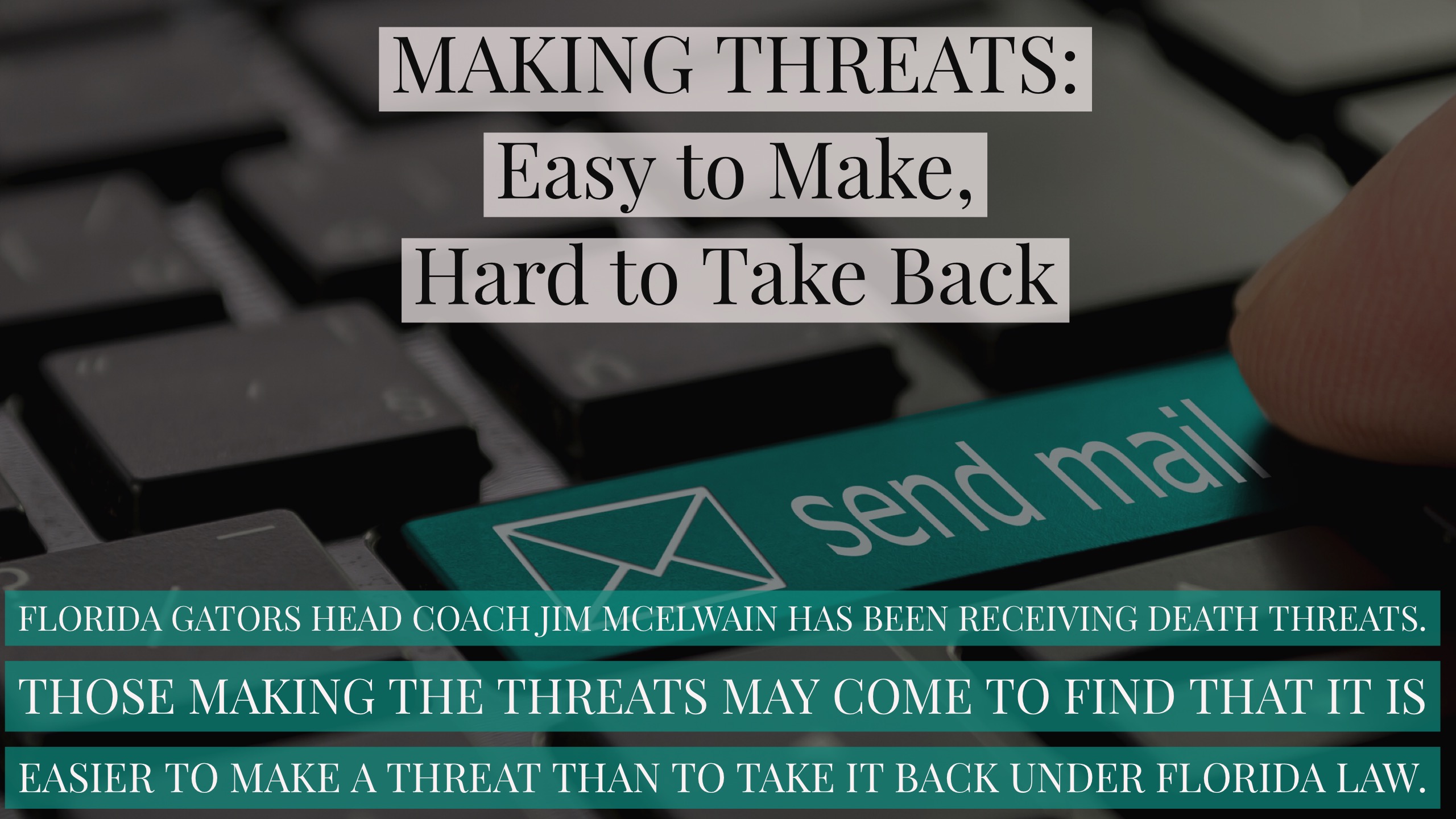
The criminal defense attorneys of SLG Law often get calls from people asking us what they can and can’t do when it comes to recording people. A mother in Virginia recently found out the hard way that recording someone without their knowledge can lead to felony charges. According to the article, the mother was concerned about another child at school bullying her child. She wanted to get proof of the bullying, so she sent her child to school with a recording device. Recording devices are prohibited at the school and school officials discovered the device. Subsequent to an investigation, the mother was charged with a felony for violating state law relating to recording someone’s communications without their knowledge. So, what about here in Jacksonville, Florida? What is the law in the State of Florida as it relates to recording people?
What is the law in Florida relating to recording other people’s conversations?
Florida Statute Section 934.03 lays out the law as it relates to recording someone’s communications. Florida is a two-party consent state. This means that all of the parties to the conversation must consent to recording of the conversation for the act of recording to be legal. A person who violates this law can be charged with a third degree felony punishable by up to five years in prison.
 Jacksonville Criminal Lawyer Blog
Jacksonville Criminal Lawyer Blog






 The Florida Time Union released a
The Florida Time Union released a 